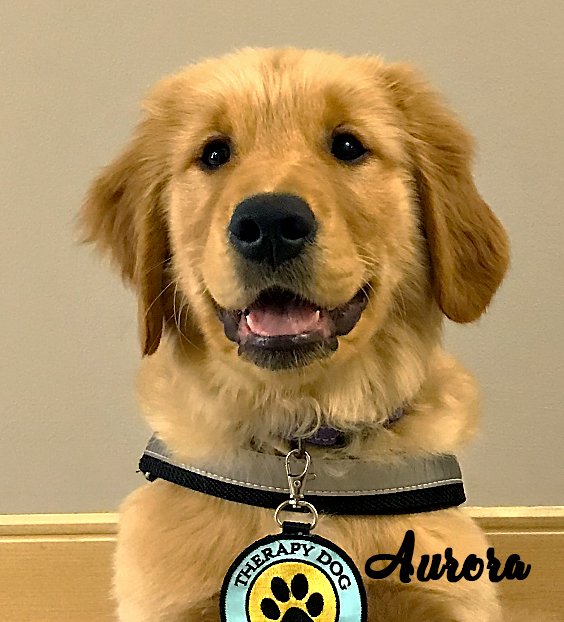The normalization of therapy has been one of the most exciting trends in wellness over the past few years. Suddenly, people who aren’t experiencing severe emotional distress are seeking out therapists to help them explore the everyday challenges of life. The rise in popularity of animal-assisted therapy is a wonderful evolution in this trend.
Now, pet lovers who may feel more comfortable with a furry companion by their side can talk through their emotions, manage their anxieties or depression, and deal with the fallout of emotional and physical trauma with the guidance of a therapist and a carefully-trained dog. Interested in learning more? Here’s everything you need to know!
Are Service Animals Therapy Dogs?
You’ve probably seen dogs in special vests helping people throughout their day. It’s a common misconception to call these helpful pets “therapy dogs” because they’re actually service animals. Both types of pets improve people’s lives, but their training, functions, certificates, and privileges differ.
So, what’s the difference? A service dog is rigorously trained to help someone with an emotional or physical disability. For instance, if you see a dog in a vest helping a visually impaired man walk in a park, that’s a service animal. That dog’s job is no joke — it isn’t just a well-trained pet but a certified service animal with special access privileges in public spaces.
A therapy dog doesn’t have those special access privileges, isn’t certified to be a service animal, and cannot go into locations where service animals are legally allowed. Instead, therapy dogs serve another very important purpose: they make people happier. Let’s take a look at how they do it.
What Do Therapy Dogs Do?
While service dogs help people overcome physical or emotional disabilities, therapy dogs are “comfort animals” who are on a mission to make you feel calm, happy, and unconditionally loved. You may have also heard the term “emotional support animal” — that’s a therapy dog!
In most cases, a therapist or social worker include an animal-assisted therapy option to provide some light-heartedness and comfort while you work through life’s challenges and successes. Institutions like universities may even have comfort dogs with “pet me” signs on their backs who help cheer up students while they study or walk to class. Likewise, some elementary schools team up with therapy dog groups to let the children enjoy and express themselves around these well-trained pets.
But that doesn’t mean adults can’t benefit from therapy dogs too. They’ve proven to be very helpful for people prone to intense bouts of anxiety, panic, or depression, but also for people who just need some social support in their life. As such, therapy dogs are often suggested to help people regulate their emotions during trauma, medical issues, loneliness, overwhelming situations, PTSD, or any other high-stress or just daily conditions.
How Can I Find a Therapy Dog?
Animal-assisted therapy options abound! You’d be surprised to learn just how many options may be available to you locally. I’d suggest beginning your search with respected directories, such as the American Kennel Club’s AKC-Recognized Therapy Dog Organizations. Or, simply type into your search engine of choice your location followed by “animal-assisted therapy.”
It bears mentioning that therapy animals don’t have to just be dogs! Other social pets like cats, guinea pigs, horses, birds, and even dolphins have had a positive impact on people. There was even one shocking finding from UCLA researchers that found dolphin therapy was more effective against depression than medication. Feel free to explore whichever sides of animal-assisted therapy speak to you most!
Help a Pet, Help Yourself
Pets are remarkable at keeping us healthy — they get us off the couch, give us plenty of love, and bring us so much joy. If you’re an animal lover, you may benefit from an emotional support animal or exploring animal-assisted therapy. I’d be happy to give you more information. Feel free to read more here or contact me!

